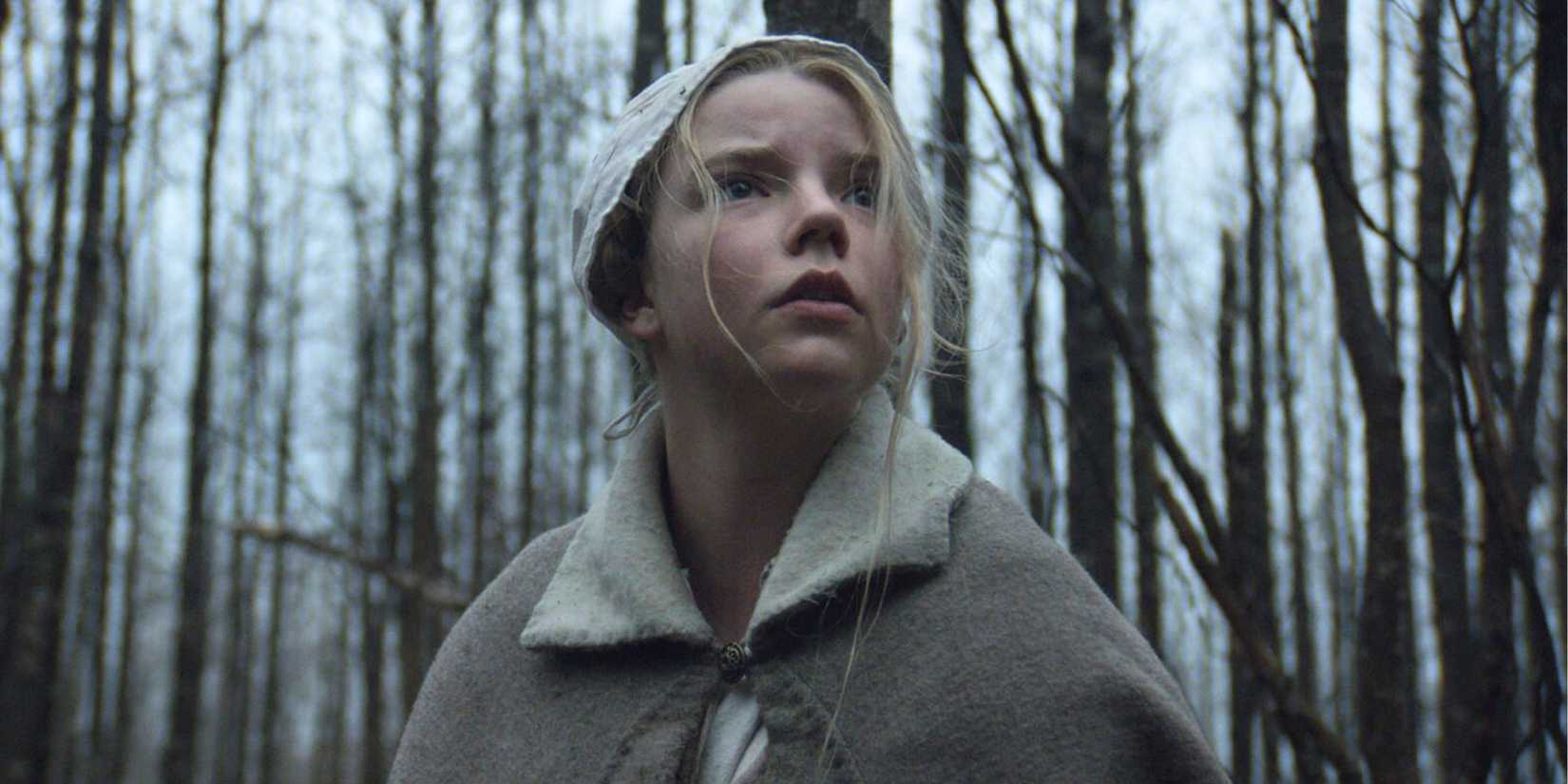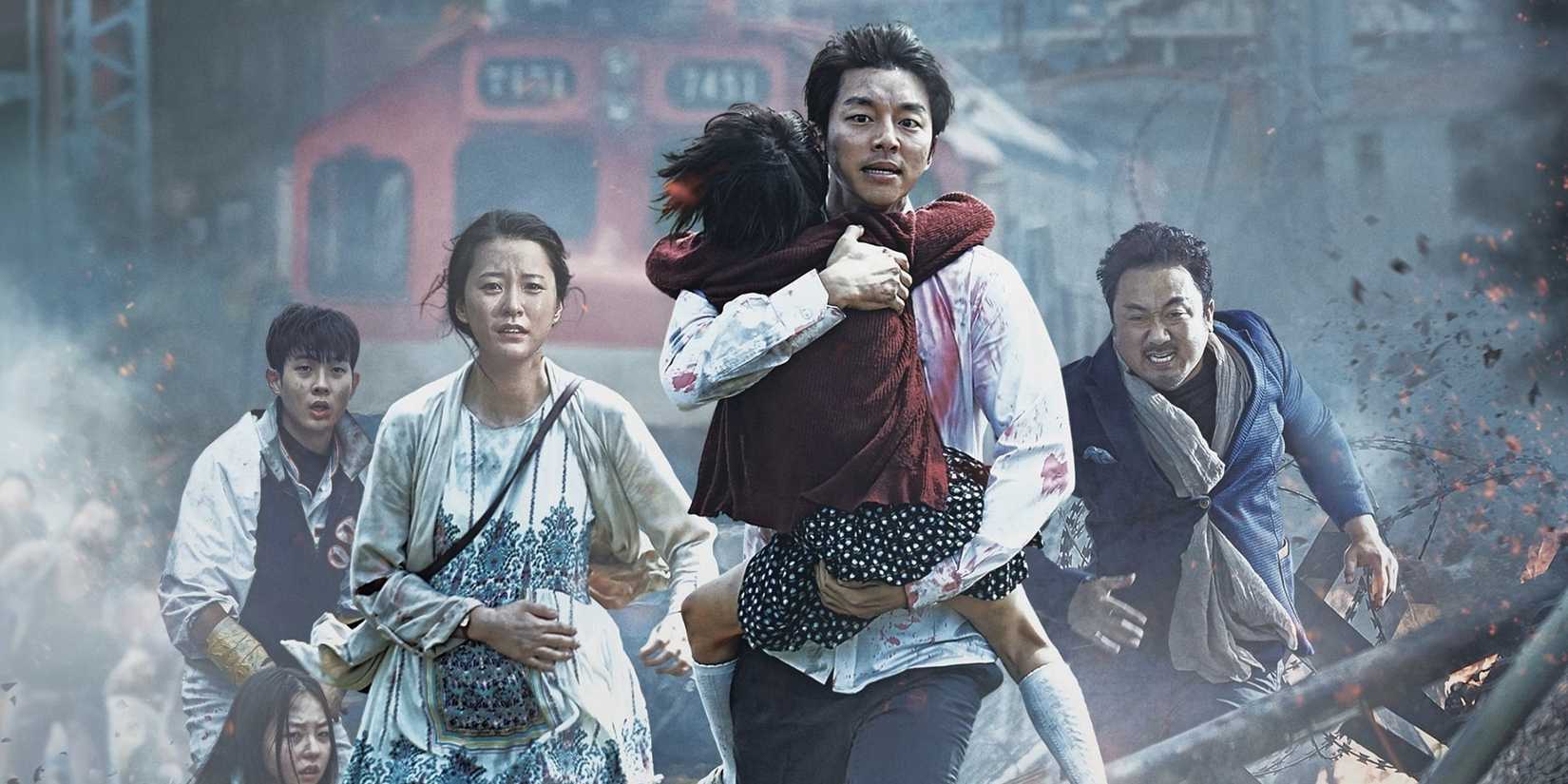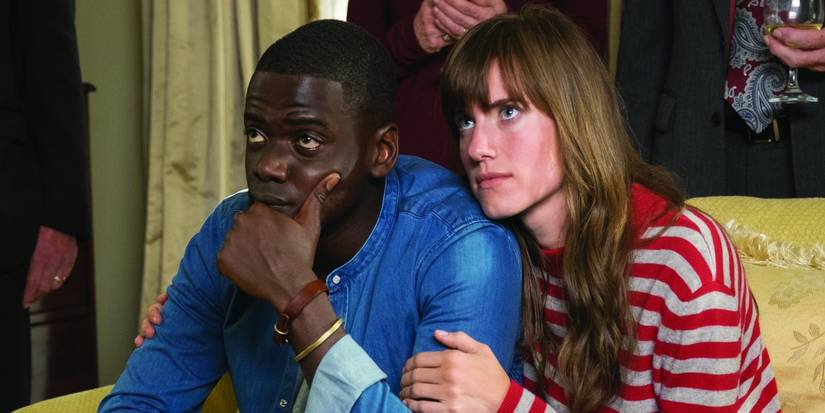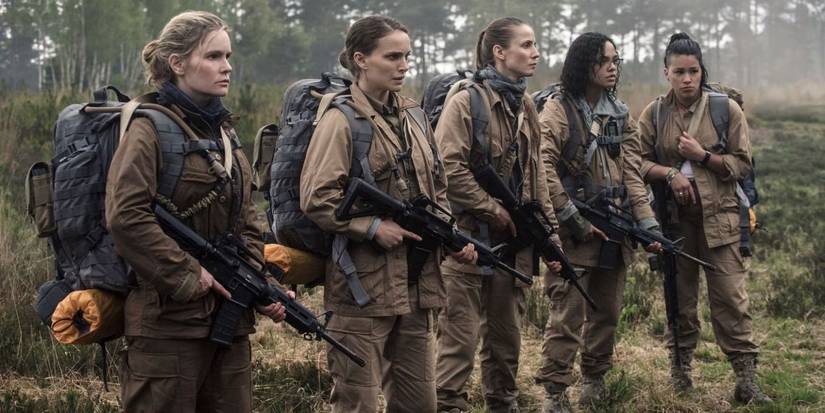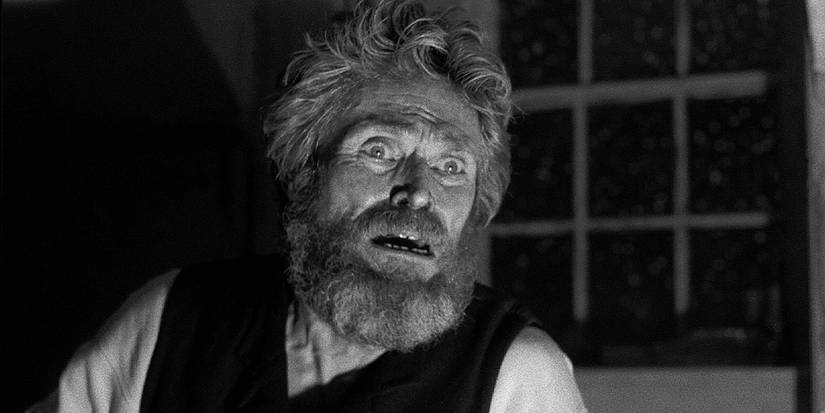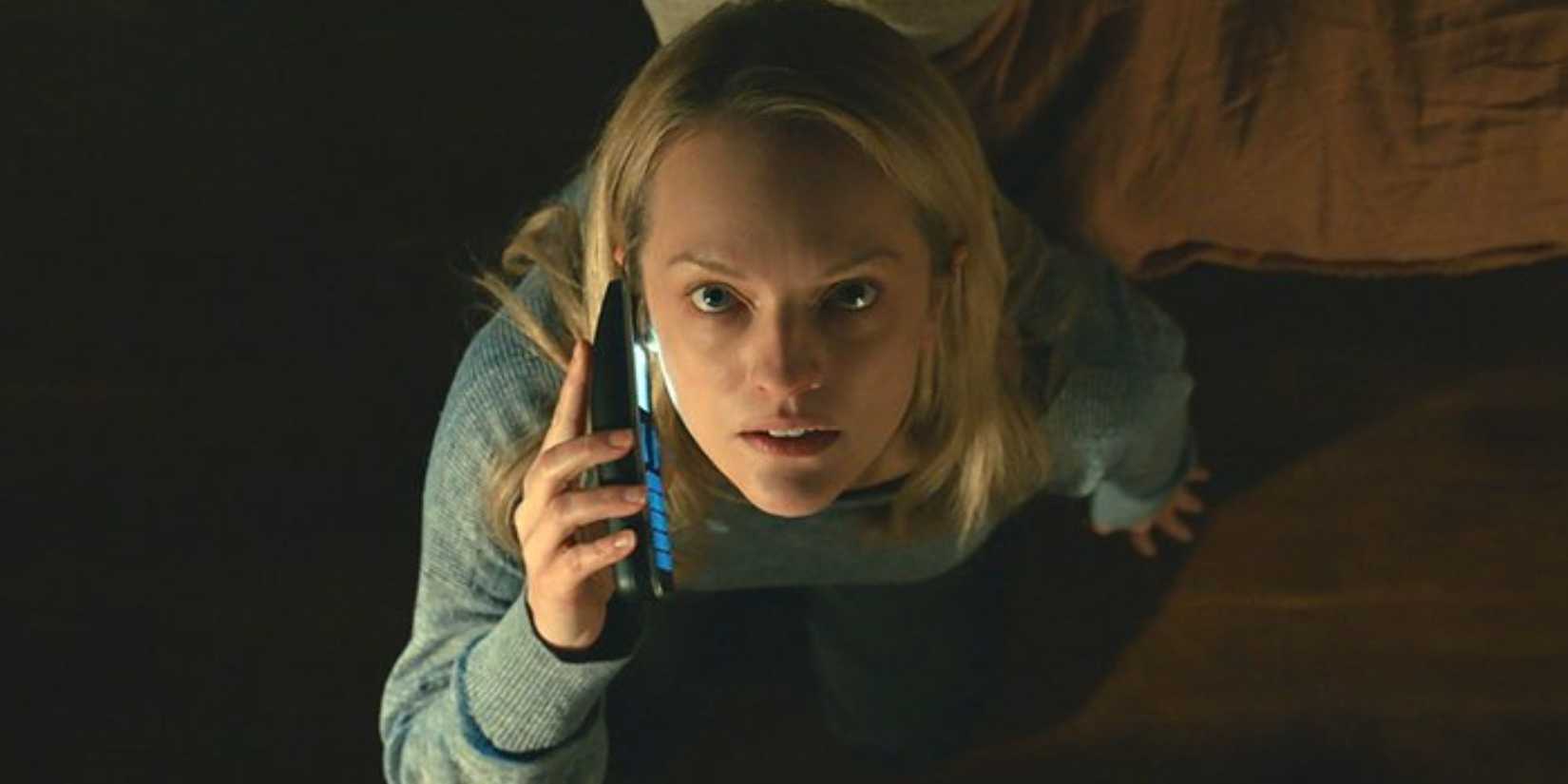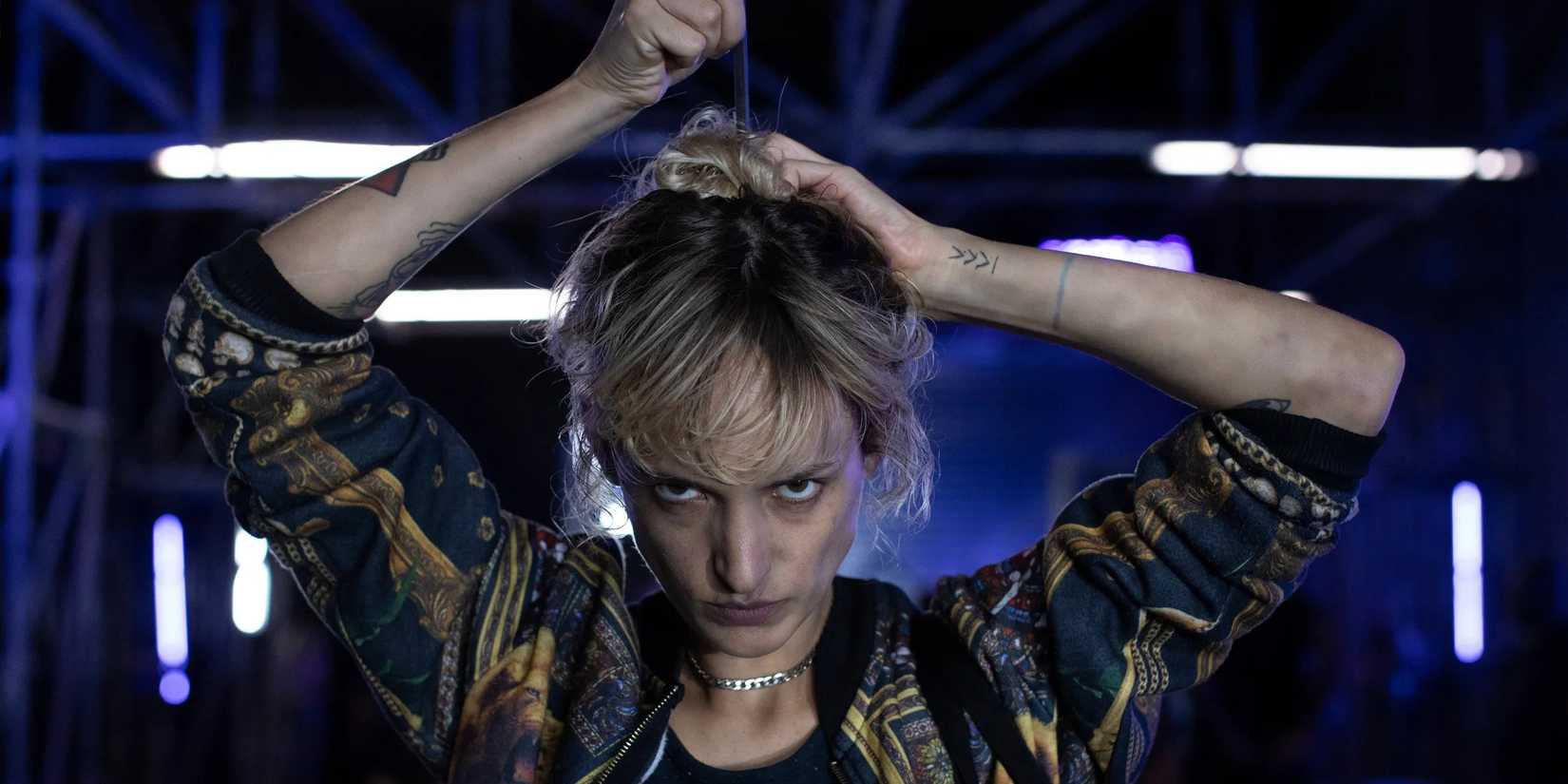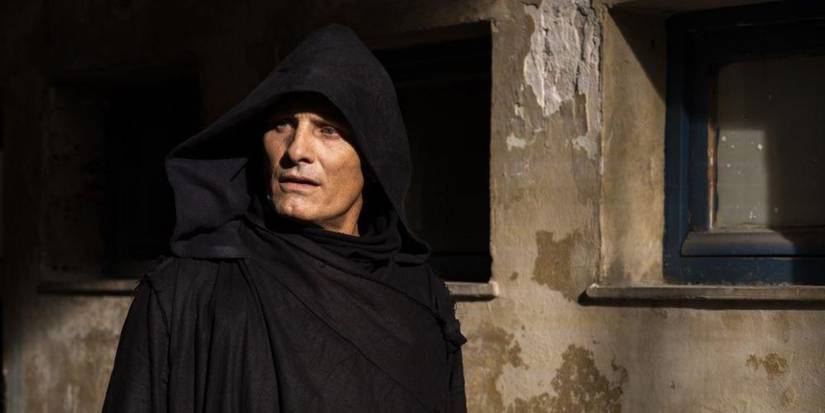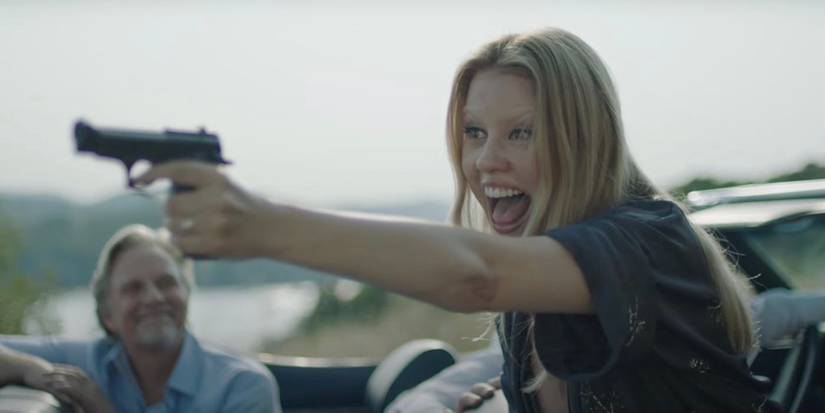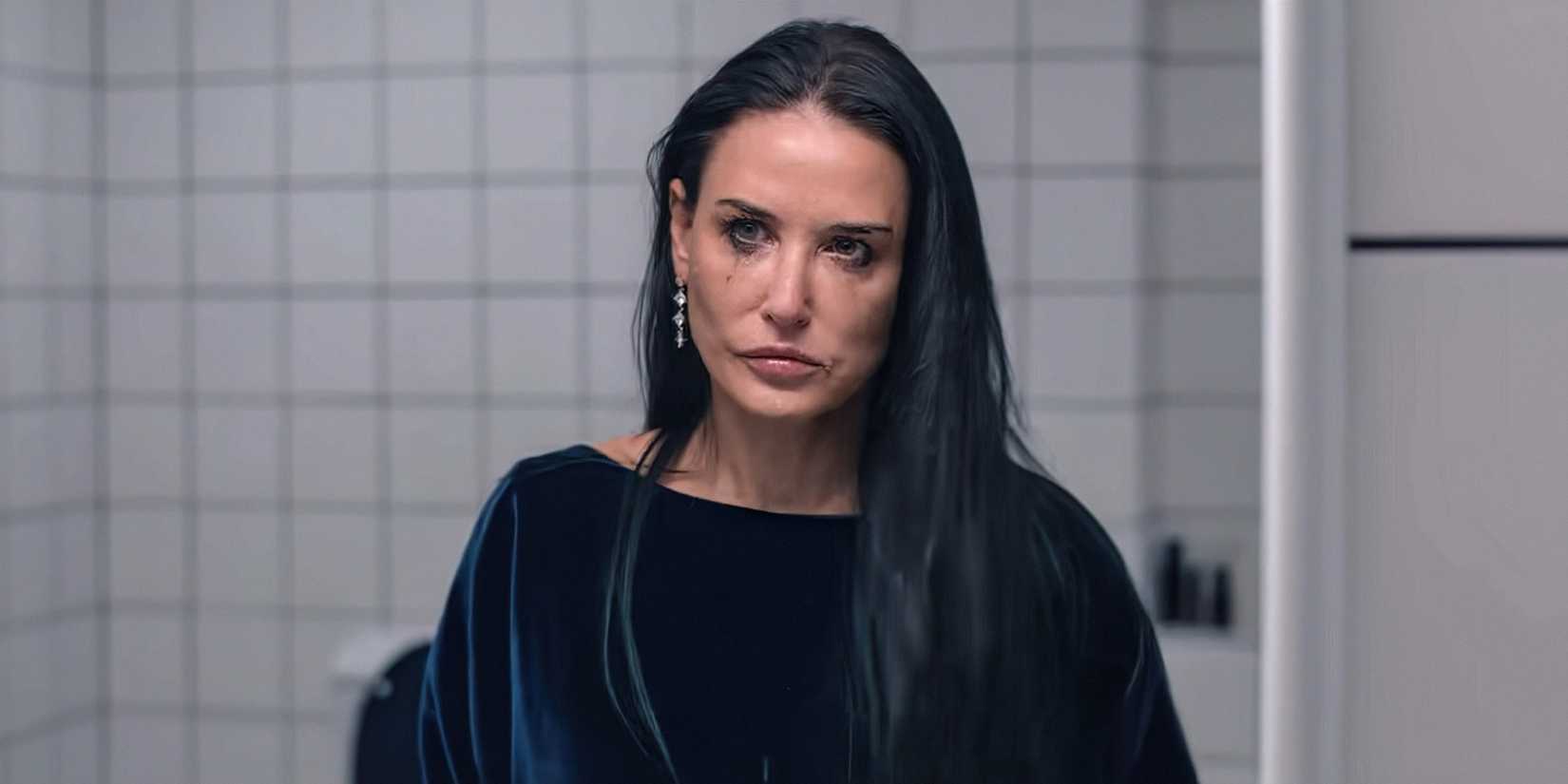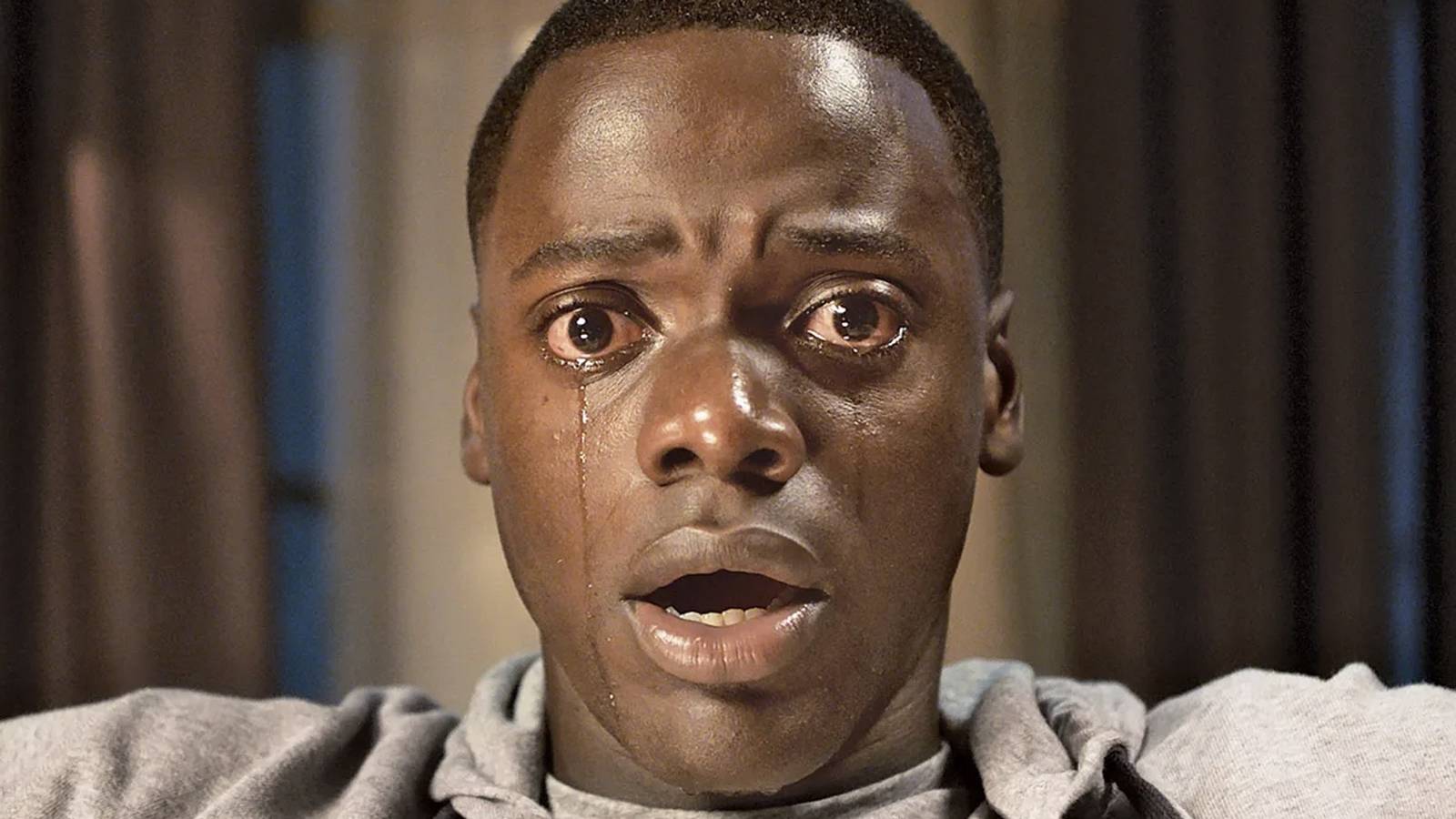
Best Horror Movie From Every Year of the Past Decade
Few genres have been as consistently versatile and capable of exceptional filmmaking over the years as horror films. Since the beginning of film history, there has been a fascination and excitement with films that scare audiences and keep them on edge. While horror films have always been a staple of underground filmmaking, their popularity has risen exponentially over the years, developing an impactful culture of its own.
While many other genres have faced the challenges of massively increased budgets, the lower budgets of horror films have allowed for more experimentation and risk-taking compared to many other genres in the modern era. While this doesn’t always result in success, the risks that do pay off stand out as some of the most impactful and celebrated horror movies of all time, catapulting the genre to new heights and helping horror achieve a new renaissance status in the past decade. Each year of the past decade has had its own signature film that stands as the definitive horror experience of the year.
11
‘The Witch’ (2015)
The first feature film by the now pillar of modern horror, Robert Eggers, The Witch is a beautifully crafted folk horror exploration of the tension and underlying fear during the era of the Salem witch trials. It features its fair share of jump scares and uneasy tension, but much of the horror mastery comes from the painful dismantling of this family unit as they turn on each other out of fear and fundamental distrust. The film’s dedication to the dialect and perceptions of the time period makes it a timeless and largely impactful experience that would redefine what modern folk horror could be.
Even nearly a decade after the film’s release, The Witch stands as one of the most terrifying and deeply sinister filmmaking experiences that the 2010s have to offer, still haunting audiences with its sinister undertones to this day. It has great performances that amplify the fear and emotion of each scene, with the likes of Anya Taylor-Joy having her career catapulted into superstardom thanks to this breakout role.
10
‘Train to Busan’ (2016)
South Korea has had a knack for creating deeply inventive and dynamic horror experiences for many years, yet easily one of the country’s most prominent horror releases is Train to Busan, a perfectly stylized exploration of a classic zombie outbreak story. It follows an instantly engaging story of a father doing all he can to protect his daughter as they, and an array of other express train passengers, find themselves at the center of a dangerous zombie outbreak.
Train to Busan features one of the most terrifying depictions of zombies in modern film, with top-notch makeup and terrifying physical performances bringing out the true fear of the zombie apocalypse to life. However, the zombies themselves are only half of the inherent genius of Train to Busan, as the film also features an exceptionally impactful narrative with great rising action and powerful emotional moments. It quickly crossed over the cultural barrier and became acclaimed worldwide as one of the best zombie movies of the 21st century.
9
‘Get Out’ (2017)
A massive blockbuster hit that forever changed the landscape of modern horror and cemented Jordan Peele as a master of the genre, Get Out is often considered one of the most important horror films of the modern era. The instant all-timer combines humor, timely political commentary and messaging, and an ingenious central premise to make one of the most invigorating and impactful horror movies that feels tailor-made for the present time.
The film’s inherent legacy and overwhelming impact on the horror genre as a whole only continue to grow with each passing year, as it helped revitalize the genre and put it into the limelight for an entirely new audience. The genre simply wouldn’t be the same without the impact and weight that Get Out had. It helps that the film is still a terrifying, hilarious blast all these years later.
8
‘Annihilation’ (2018)
While Alex Garland is widely celebrated for writing impactful horror films like 28 Days Later and directing impactful thrillers like Ex Machina, Annihilation combines his strengths to create a highly engrossing sci-fi horror film. Garland’s inherent style of writing and directing perfectly fits the tone and Lovecraftian energy of the original novel, bringing out the most in terms of terrifyingly creative sci-fi concepts and worldbuilding. There’s a sense of dread and existentialism to the film that largely persists, reaching a breaking point with its powerful and multi-layered ending.
Every aspect of the film comes together to amplify its tone of unceasing dread and tension, from the powerful and haunting score to an array of impactful performances from the entire cast. The film revitalized Garland’s career as a widely celebrated modern force of challenging, non-traditional filmmaking and storytelling, as the film is still considered to be one of his greatest works as both a writer and a director.
7
‘The Lighthouse’ (2019)
While Eggers had already largely proven his chops in the era of elevated horror with The Witch, The Lighthouse proved to further delve into the depths of experimentation and chaos to create a gripping, unparalleled exploration of insanity and isolation. The film centers around a duo of lighthouse keepers played by Robert Pattinson and Willem Dafoe as they attempt to maintain their sanity while living together on a mysterious, remote island. Sporting two brilliant performances, beautifully stylized black-and-white visuals, and a 1.19:1 aspect ratio, The Lighthouse quickly engrosses audiences with its wholly singular approach to horror.
The inherent premise proves to be so brilliant and multi-faceted in its execution that it’s easy to interpret any number of different messages and takeaways from the film as a whole. However, no matter how one interprets the slow descent into madness and chaos that the duo undergoes, the strength of the performances and the enchanting allure of the visuals keep the film engaging and powerful from beginning to end.
6
‘The Invisible Man’ (2020)
The classic Universal monsters continue to be iconic titans of the horror genre as a whole, frequently reimagined and rebooted time and time again to fit the whims and trends of horror for each era. The past decade has proven no different, yet Leigh Whannell‘s The Invisible Man proves to be much more than just a modern reboot of a horror classic. Instead, it’s a complete revitalization and reimagining of the concept to fit the culture and thematic strengths of modern horror thrillers.
The horror of the film doesn’t just come from the immediate danger and threat that the titular Invisible Man poses, but his coy, manipulative actions that force the audience and the protagonist to second-guess everything they’re seeing and experiencing. It makes for a brilliant parallel and messaging on toxic and gaslighting relationships as a whole, inviting the audience to experience this type of manipulation firsthand. Being one of the only horror films that got a theatrical release before theaters closed in 2020, The Invisible Man acted as horror’s last grand hurrah before theaters closed for months.
5
‘Titane’ (2021)
While horror has always been a genre defined by its shocking content, pushing the barriers of disturbing graphic content and unsettling themes, French horror has especially pushed these barriers to their absolute limits. One of the best examples of such a shocking and unique modern horror film is that of Titane, a film that combines body horror and feel-good found family connection to create a story of both unrelenting carnage and surprising wholesomeness.
The modern body horror film proves to be much more than its overwhelming graphic content, as its core messaging of connection and gender roles make for a deeply engrossing and impactful horror experience. However, its impactful messaging doesn’t take away from the sheer terror and uncomfortable nature of the film, whether it comes from a string of gruesome murders or the slow degradation and destruction of the body of its main character.
4
‘Crimes of the Future’ (2022)
Few filmmakers have been as synonymous with greatness in the horror genre across a multitude of different eras as David Cronenberg, the undeniable master of body horror. While many of his all-time classic films are still widely revered, the director has shown that he still has the ability to create impactful sci-fi horror in the modern era with Crimes of the Future. The film plays off the strengths inherent to Cronenberg’s entire filmography while updating them to the modern era, weaving together a dynamic yet disturbing futuristic world as a jumping-off point for both philosophical messaging and disturbing imagery.
The film proves itself to be relatively combative and unapproachable with its view of horror and storytelling, focusing more on smaller character moments and building up a tonal style instead of various shocking moments of pure horror. While it acts more reserved and slow-paced in its filmmaking, it also makes sure to include a wide array of unsettling moments and concepts, such as the core plot point of growing new organs just for them to be taken out on stage as a part of performance art.
3
‘Infinity Pool’ (2023)
While clones have always been a pervasive and frequently explored concept in the world of sci-fi filmmaking, Infinity Pool does an exceptional job of creating a raw, existential dread and horror out of the concept. The film sees a man on vacation at an isolated island resort who finds himself facing the island’s strict policy of crime. Instead of being given the death penalty, he’s presented the option to watch a clone of himself be murdered in his place. He soon finds himself entering an exclusive club of hedonistic voyeurs who enjoy the thrill and mental chaos of watching one’s own clone die.
The nightmarish psychological thriller doesn’t shy away from the shocking content and disturbing implications of its premise, further amplified by a duo of exceptional performances from Alexander Skarsgård and Mia Goth. It’s the type of wild, unrestrained horror experience that sticks with the audience well after it ends, leaving them confused and questioning everything they’ve experienced and pondering the ethical limits of its world.
2
‘The Substance’ (2024)
A gloriously over-the-top exploration of beauty standards and the painful self-doubt of aging, The Substance refuses to hide its core themes and messages, instead hammering them into the ground until they’re a gross, bloody pulp. Still, being blunt with its filmmaking doesn’t mean that it isn’t effective, as each of its sequences compounds into a profound message of bodily autonomy and the self-destruction that people take for the sake of a fleeting self-image.
While dealing with its painful and uncomfortable subject matter and themes, The Substance also makes for a deeply memorable experience through great performances and an overwhelming amount of body-horror gore and gross-out moments. It largely struck a chord with audiences in a way that very few body horror films have been able to do, with its relatable messaging and wildly entertaining final act helping it become one of the few horror movies to be nominated for Best Picture at the Academy Awards.

